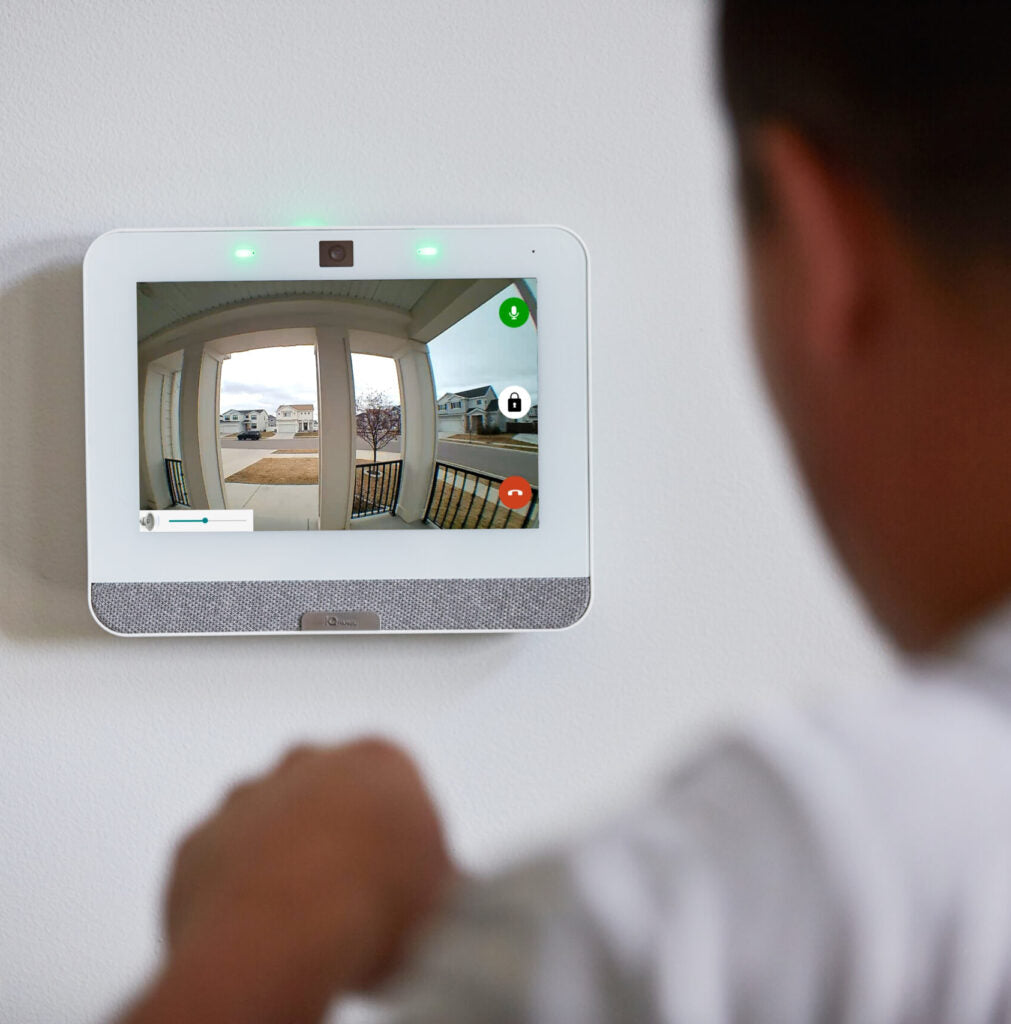In a world increasingly concerned with security and personal safety, alarm systems have become a common fixture in homes and businesses alike. But do these systems actually deter burglars, or are they merely a psychological comfort for the homeowner?
The Psychology Behind Alarm Systems
The primary goal of an alarm system is to prevent a crime from occurring in the first place. The idea is simple: the presence of an alarm, often advertised with signs or stickers, creates enough of a perceived risk to make a would-be intruder think twice.
Most burglars are opportunistic rather than strategic. They typically look for easy targets—homes with poor lighting, unlocked doors or windows, and no visible security measures. When faced with a property that displays signs of having an active alarm system, many burglars will simply move on to a less risky target.
Research and Statistics
Numerous studies support the effectiveness of alarm systems in crime prevention. A landmark study conducted by the University of North Carolina at Charlotte found that about 60% of convicted burglars said they would avoid a home with a security system. Furthermore, the same study revealed that if an alarm went off during an attempted burglary, most intruders would flee immediately.
The Electronic Security Association also reports that homes without security systems are up to 300% more likely to be broken into. These statistics suggest that the presence of an alarm system is a significant deterrent.
Real-World Limitations
Despite the encouraging data, alarm systems are not foolproof. Some burglars may still attempt a break-in, especially if they believe the system is outdated or easily bypassed. Others may be experienced enough to disable alarms or operate within the brief window before authorities are notified.
Additionally, the effectiveness of an alarm system heavily depends on how it's integrated into a broader security strategy. Factors such as good lighting, secure locks, surveillance cameras, and neighborhood watch programs also play a crucial role in deterring crime.
False Alarms and User Compliance
False alarms can be a serious issue, leading to complacency among users and emergency services. A high rate of false alarms—often due to user error or poorly maintained systems—can undermine the credibility of alarm systems in the eyes of both homeowners and law enforcement.
User compliance is another critical factor. An alarm system only works when it's armed. Many homeowners forget or neglect to activate their systems when they leave home, rendering them ineffective.
The Bottom Line
Alarm systems do deter burglars—most of the time. They serve as both a physical and psychological barrier to intrusion, significantly reducing the likelihood of a break-in. However, they are not a standalone solution.
To maximize protection, alarm systems should be part of a comprehensive security approach that includes environmental design (like trimming shrubs and installing motion-sensor lights), community awareness, and personal vigilance. When properly used and maintained, alarm systems are an effective tool in the fight against burglary, offering peace of mind and a safer living environment.








